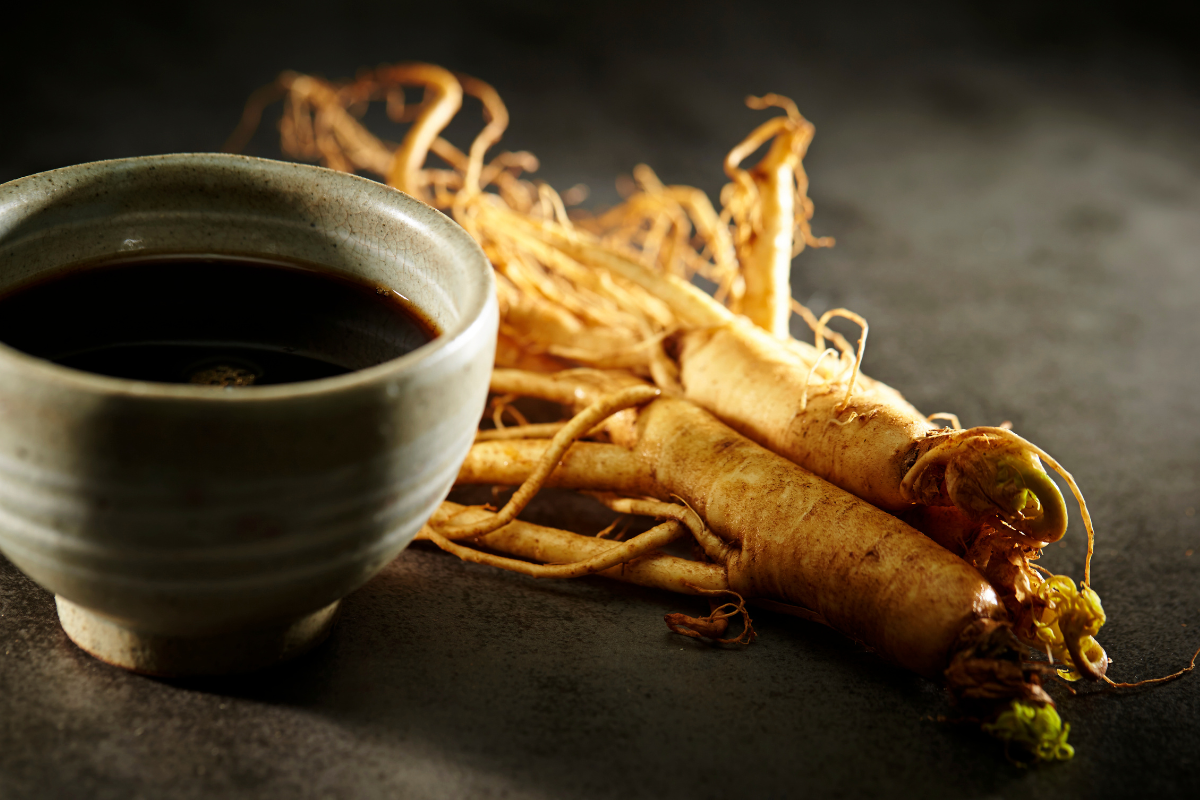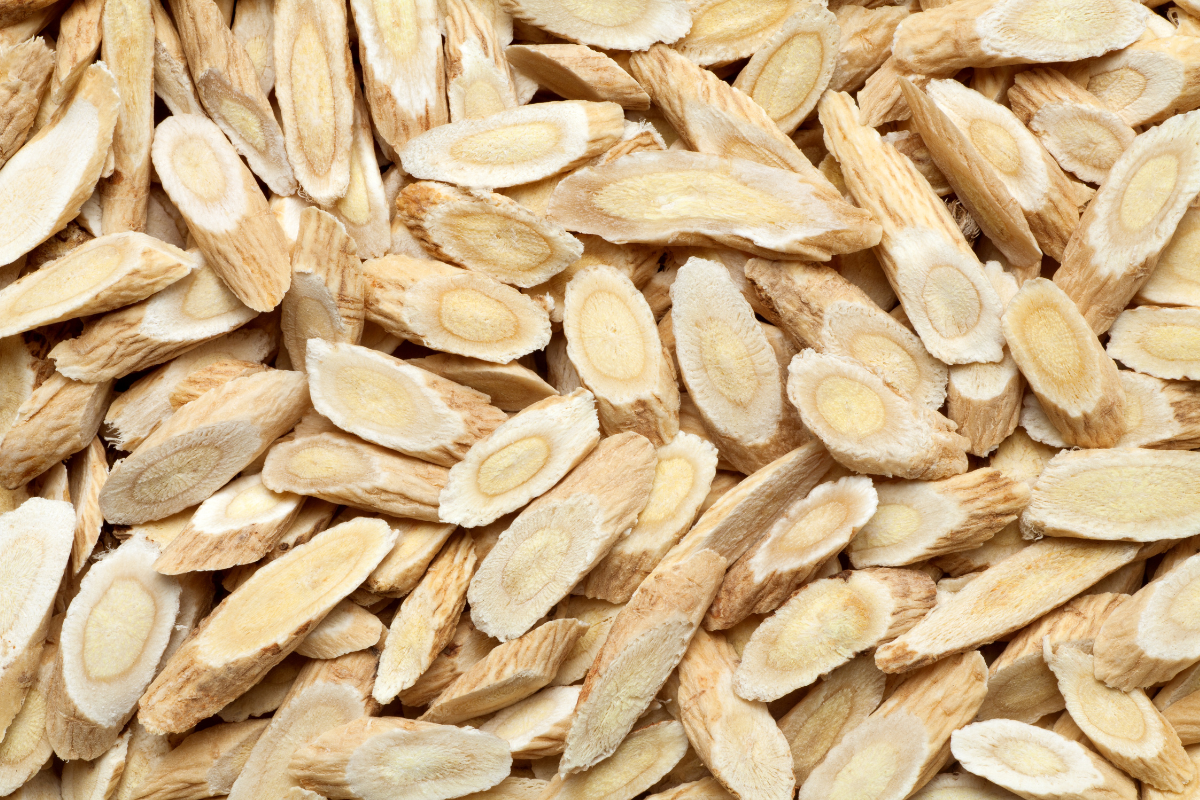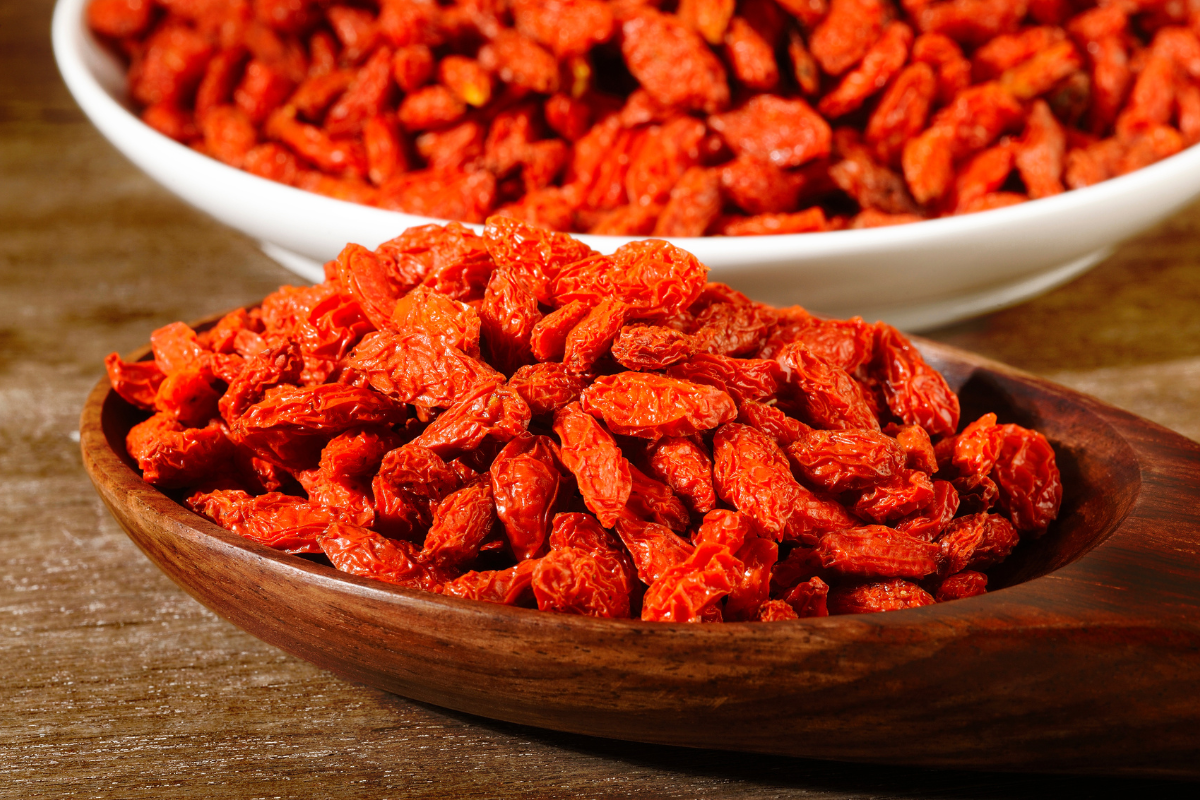The three most popular traditional Chinese medicines among the Chinese people
In the vast realm of Traditional Chinese Medicine (TCM), there are numerous herbs and remedies treasured for their healing properties and centuries of cultural significance. Among these, certain medicines have stood the test of time and are particularly beloved by the Chinese populace. In this blog post, we'll delve into the top three traditional Chinese medicines that hold a special place in the hearts of Chinese people.
Ginseng (人参 - Rénshēn)
Ginseng is often referred to as the "King of Herbs" in Chinese culture, and it holds a revered status in Traditional Chinese Medicine. With a history spanning thousands of years, ginseng is cherished for its ability to boost immunity, increase energy levels, and improve overall vitality. It is believed to enhance physical stamina, mental clarity, and resilience to stress. Ginseng can be consumed in various forms, including raw, steamed, or brewed into teas and tonics, making it a versatile remedy for a wide range of health concerns 问题 (wèn tí).
问题 (wèn tí), noun, concern
Examples:
- Environmental concerns have become increasingly important in recent years.
环境问题近年来变得越来越重要。
Huánjìng wèntí jìnnián lái biàn dé yuè lái yuè zhòngyào. - Health concerns prompted her to change her diet and lifestyle.
健康问题促使她改变了饮食和生活方式。
Jiànkāng wèntí cùshǐ tā gǎibiànle yǐnshí hé shēnghuó fāngshì.

Astragalus (黄芪 - Huángqí)
Astragalus, also known as "Huangqi," is another cornerstone of Traditional Chinese Medicine renowned for its immune-boosting properties and ability to promote longevity. This herb is valued for its ability to tonify Qi (vital energy) and strengthen the body's resistance to illness. Astragalus is commonly used to support the immune system, improve digestion, and increase energy 能量 (néng liàng) levels. It is often incorporated into soups, teas, and herbal formulations to enhance overall health and well-being, particularly during times of fatigue or weakness.
能量 (néng liàng), noun, energy
Examples:
- She has a lot of energy to complete the project on time.
她有很多能量按时完成这个项目。
Tā yǒu hěnduō néngliàng ànshí wánchéng zhège xiàngmù. - We need enough energy to accomplish this task.
我们需要足够的能量来完成这项任务。
Wǒmen xūyào zúgòu de néngliàng lái wánchéng zhè xiàng rènwù.

Goji Berries (枸杞 - Gǒuqǐ)
Goji berries, or "Gouqi," have been a staple in Traditional Chinese Medicine for centuries and are celebrated for their antioxidant-rich properties and numerous health benefits. These vibrant red berries are packed with essential nutrients, including vitamins, minerals, and antioxidants, making them a prized superfood in Chinese culture. Goji berries are believed to nourish the liver and kidneys, improve vision, and enhance immune function. They are often consumed dried or brewed into teas and soups, offering a sweet and tangy flavor along with their potent medicinal qualities.

Key Sentences:
- I recently consumed ginseng.
我最近吃了人参。
Wǒ zuìjìn chīle rénshēn. - What do you think?
你觉得怎么样?
Nǐ juédé zěnme yàng? - Not bad, I might also give goji berries a try.
不错,我可能还会试试枸杞。
Bùcuò, wǒ kěnéng hái huì shì shì gǒuqǐ.